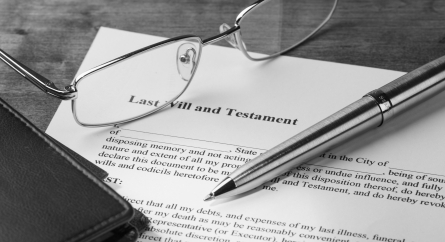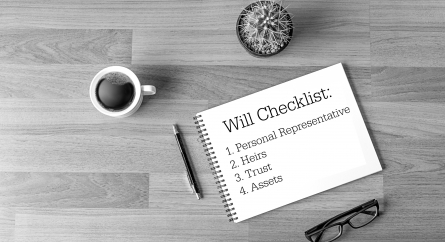Planning for Your Digital Estate
Life is now lived in large part on the Internet. We pay our bills there. We catch up with family and friends on social media. We own digital assets such as websites and store our photos and videos on the cloud. So what happens to your digital life when you’re gone?
Digital assets have emerged as a new category of personal property, alongside more traditional property like one’s house, bank accounts and tangible possessions. To make sure your digital estate is accounted for in your estate plan, here are five things to do today:
- List it out. What are your digital assets? This includes electronically stored photos and videos, social media accounts, electronic bank and investment account statements, email records, website domains and digital currency.
- Back up your data. Anything in the cloud should be saved on a local drive so it isn’t lost forever in the event your password cannot be recovered.
- Know what you own. Things you buy online (such as music and other media content) may be subject to a licensing agreement and are therefore non-transferable.
- Make a legacy contact. Designate someone to hold all your passwords and make decisions about what happens to your digital estate when you die.
- Give permission. Have your legal documents reflect permissions to divulge your online information to your fiduciaries, as appropriate.
Digital assets are still a reasonably recent phenomenon, and the laws that deal with them are changing rapidly. Talk with your estate planning attorney about the steps you can take now, and check in regularly to update your estate plan to reflect any changes in the law or in what will become part of your “digital estate.”
Tagged In: digital assets, digital estate, estate planning, Internet, legacy contact












